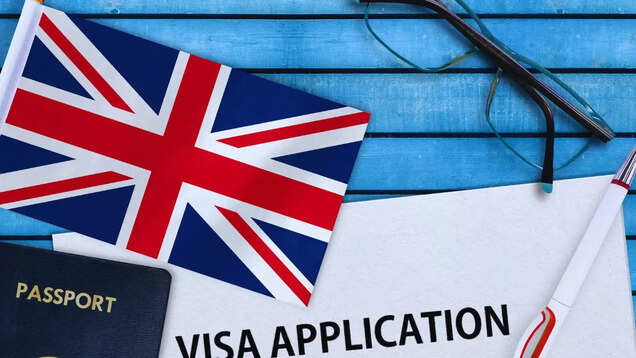If reports are to go by, the United Kingdom is set to introduce changes in its student visa requirements. From January 2025, students applying for UK student visas will need to show increased minimum maintenance funds, a move aimed at keeping up with inflation and the rising cost of living. This change may pose financial challenges for Indian students, who form a significant proportion of international students in the UK.
A key requirement for obtaining a UK student visa has always been demonstrating sufficient funds to cover living expenses while studying in the country. This amount must be held in the applicant’s bank account for at least 28 days before the visa application. The required amount varies based on the location of the study institution—London or outside of London.
Currently, students studying outside London need to show they have £1,023 per month (INR 1,12,248.98) for living expenses, while those in London must show a minimum of £1,334 per month (INR 1,46,373.55). These amounts need to cover up to nine months, adding up to substantial sums. Starting January 2025, the monthly requirement will increase by over 11%, with students studying in London needing to prove £1,483 per month (INR 1,62,722.62) and those outside of London needing £1,136 per month (INR 1,24,647.94).
Also read: Top 10 economically influential countries in the world
Indian students are likely to feel the impact of this adjustment. While many Indian students already spend over Rs 20 lakh (approximately £20,000) annually on tuition and living expenses in the UK, the increased requirements could add pressure on financial planning for families, especially those from modest backgrounds.

For instance, a student with a £20,000 tuition fee for a London-based university would now need to show they have £33,347 in their bank account—£13,347 for nine months of living expenses and £20,000 for tuition. Similarly, a student at a university outside London would need to show £30,224, which includes £10,224 for living expenses. These funds must remain in their bank accounts for 28 consecutive days before applying for a visa.
Also read: World’s top 10 happiest countries: Are Indians truly happy?
While the new financial requirements present an additional hurdle, they align with the real costs of living in the UK. Despite the increased burden, Indian students often consider factors beyond just the cost, such as the quality of education, post-study work opportunities, and the UK’s favourable visa acceptance rates.
The UK’s status as a top destination for higher education is unlikely to diminish, and this new regulation may become part of the evolving landscape of studying abroad.



